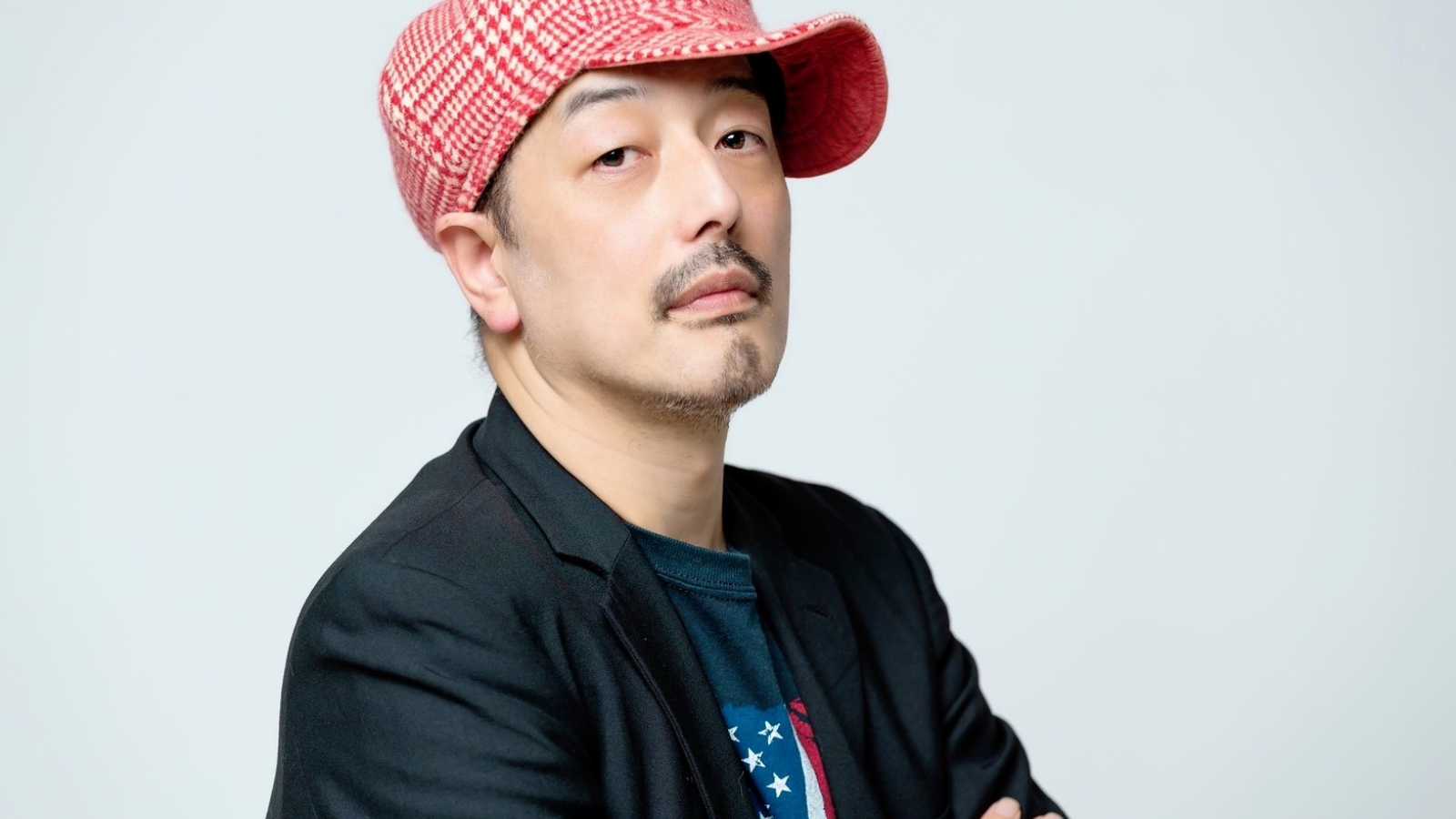Twenty years later, DEAD END returns to the music scene with a fresh album, METAMORPHOSIS.
After a twenty year hiatus, DEAD END comes back and delivers an impressive album. METAMORPHOSIS shows everything that has - and hasn't - changed about the band while proving that they as just as good as ever.
The first track, Matenrou Game, translates to Skyscraper Game, and it is a progressive track with a typical J-rock sound. However, DEAD END is the creator of this acknowledged technique, and bands forming after DEAD END in the 90’s and 2000’s took after them. Each member fuses skills, passion and motivation which shine through the guitar solo in the latter half of Matenrou Game. With small variations in the chords and a wild entrance of guitar, Matenrou Game slams to a halt with a single utterance of the word “skyscraper."
Dress Burning draws in the listener, and there are notable pauses in the commencement of the track added for effect in an attempt to differentiate from other tracks by artists influenced by DEAD END. Drums and bass wipe out expectations and pull listeners in further as MORRIE’s voice rings in the air, rising and growing heavier with strength. MORRIE sings in a relatively even tone. His pitch is a little off periodically throughout the track, but his passion is noted.
MORRIE whispers the chilling opening lines to Devil Sleeper as YOU and Minato slam a mess of guitar and drums in the foreground. MORRIE erratically jumps between incoherent screaming, moaning and high pitched singing during the first verse and bridge. It catches the listener off-guard and makes you yearn to hear more as the seconds pass.
Giji Venus unexpectedly cuts the album METAMORPHOSIS in half. Billowing in white pillars of clouds, the track fades into existence - a technique not yet heard on METAMORPHOSIS. Repetitive picked minor chords quickly become a second, more powerful melody on guitar, presumably by Minato and YOU, respectively. The layers of guitar multiply and soar into the sky as the sound of MORRIE's voice clicks into the background, mimicking a broadcast on a radio. Although MORRIE is a little lost under the weight of the expression and freedom of the guitars, he can still be heard. In the last seconds of Giji Venus, the emotion of the largely instrumental track stretches thin before pattering downward into sudden silence.
Princess and Guillotine offer similar styles, but Guillotine presents itself as wilder and angrier than Princess, the proceeding track. Guillotine opens with heavy tones to the song and a deep, resonating hum to the lyrics amidst screaming and howling. MORRIE’s voice is a little lost in the beginning of the track, due to the number of layers - everything else seems louder than him. Although in a lower octave than usual, some notes are accented and most are drawn out for effect. Screaming follows at the climax of a phrase to eventuate the potentially negative emotions thought out. The first line of the chorus: “take me, guillotine. Shame me, guillotine…” suggests a dark forest of angst waiting to be unraveled.
The second to last track, Kill Me Baby, slithers wildly into the foreground. Off key but strong vocals and weighty rock guitar riffs are a prominent feature. Faint smatterings of electric keyboard slide into the backing tracks hidden under bass and drums. Kill Me Baby is like an anthem - it features a strong melody and unfaltering change. It also features a wondrously grand guitar solo in the latter half of the track. YOU’s guitar solo is thought provoking and surges once again to the chorus. Kill Me Baby sizzles to a dramatic end with a slam of instruments and wrath.
Meigou is a rapturous journey of expression, being the final track on METAMORPHOSIS. Wild, carefree but tamed are words to describe Meigou. Guitars moan softly behind MORRIE's resonating voice at a much slower pace than other tracks, allowing the listener to be lost in thought. Meigou rises in expression during the chorus, but calms into the beginning of the second verse like raging winds upon rough seas. The expression within METAMORPHOSIS rests, fading softly into qualms of silence as the winds dies down.
Disappearing from the music scene right before the boom of the visual kei phenomenon, DEAD END influenced L'Arc~en~Ciel, BUCK-TICK, Janne Da Arc, Kiyoharu and LUNA SEA in the years to come. Two decades later, the highly anticipated release of METAMORPHOSIS has hit the market; DEAD END is back and ready to rock.



